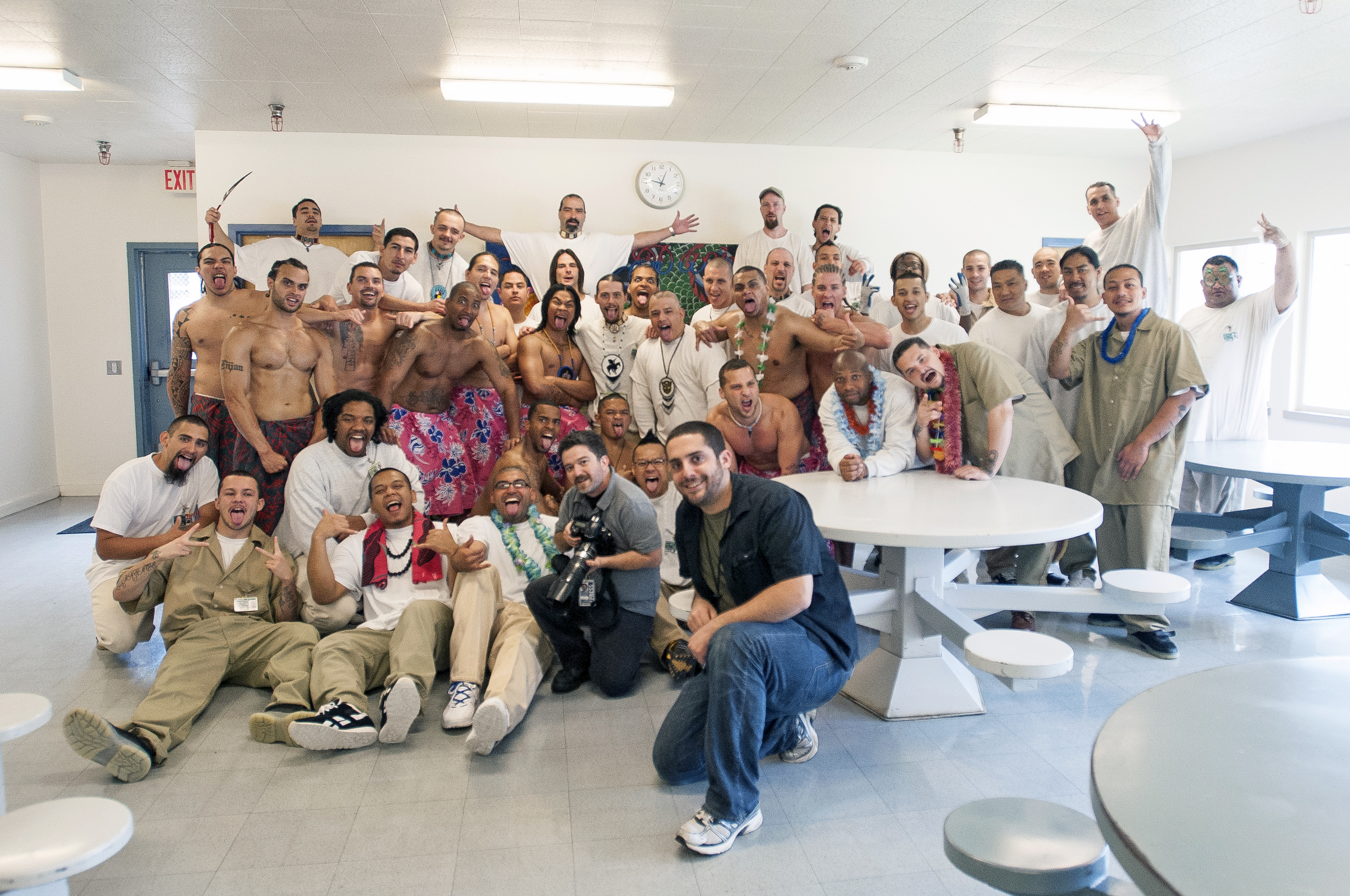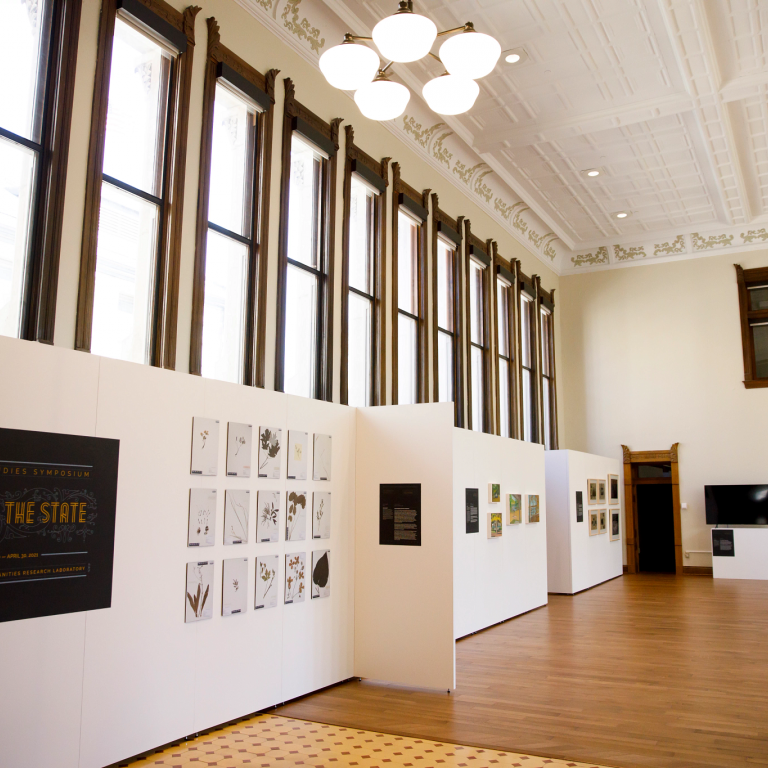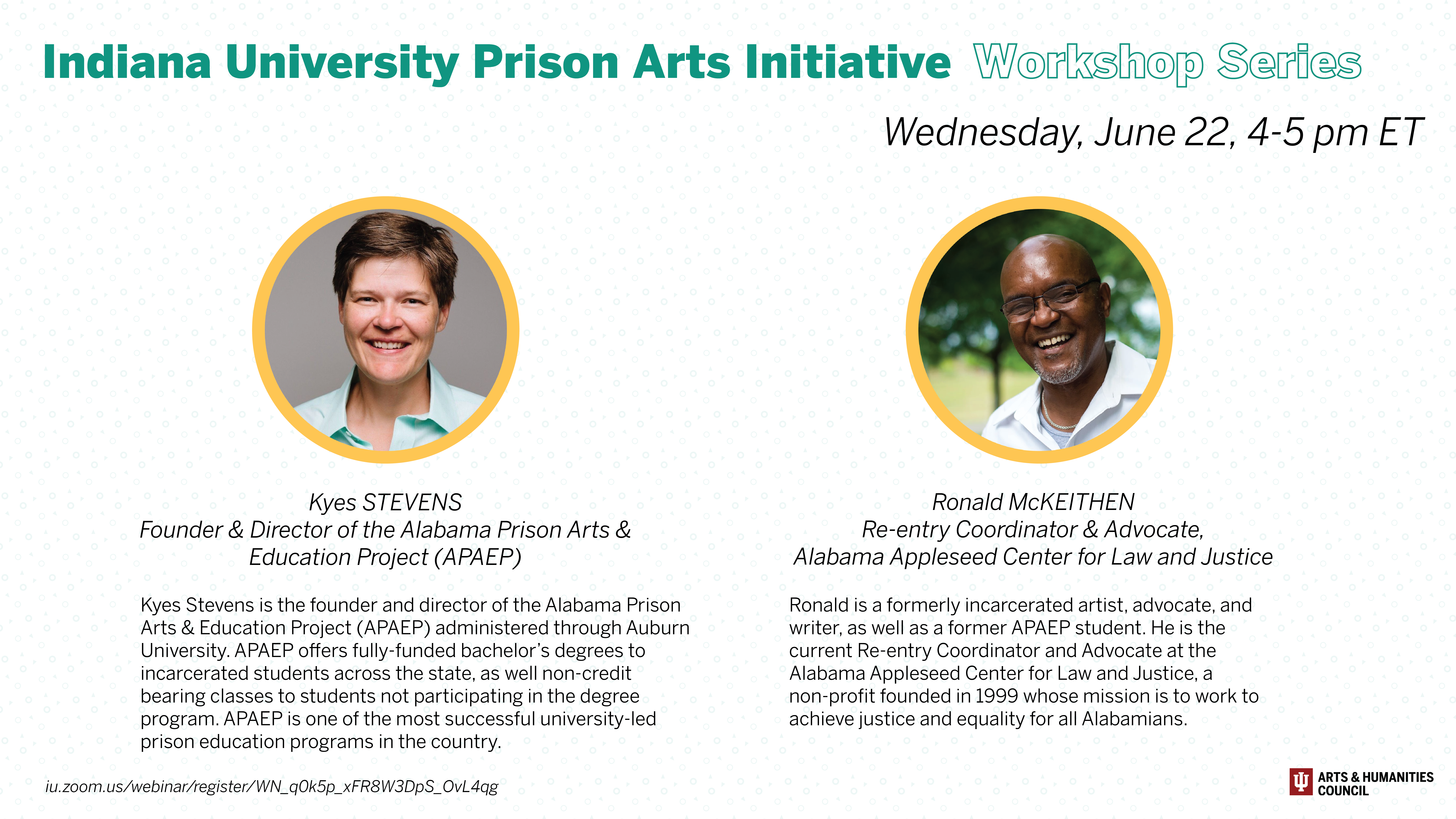We are still in the early stages and many of our programs are under development, so please check back for future updates or contact our program coordinator, Oliver, for more information!
Our Programs
Spring 2023 Exhibition
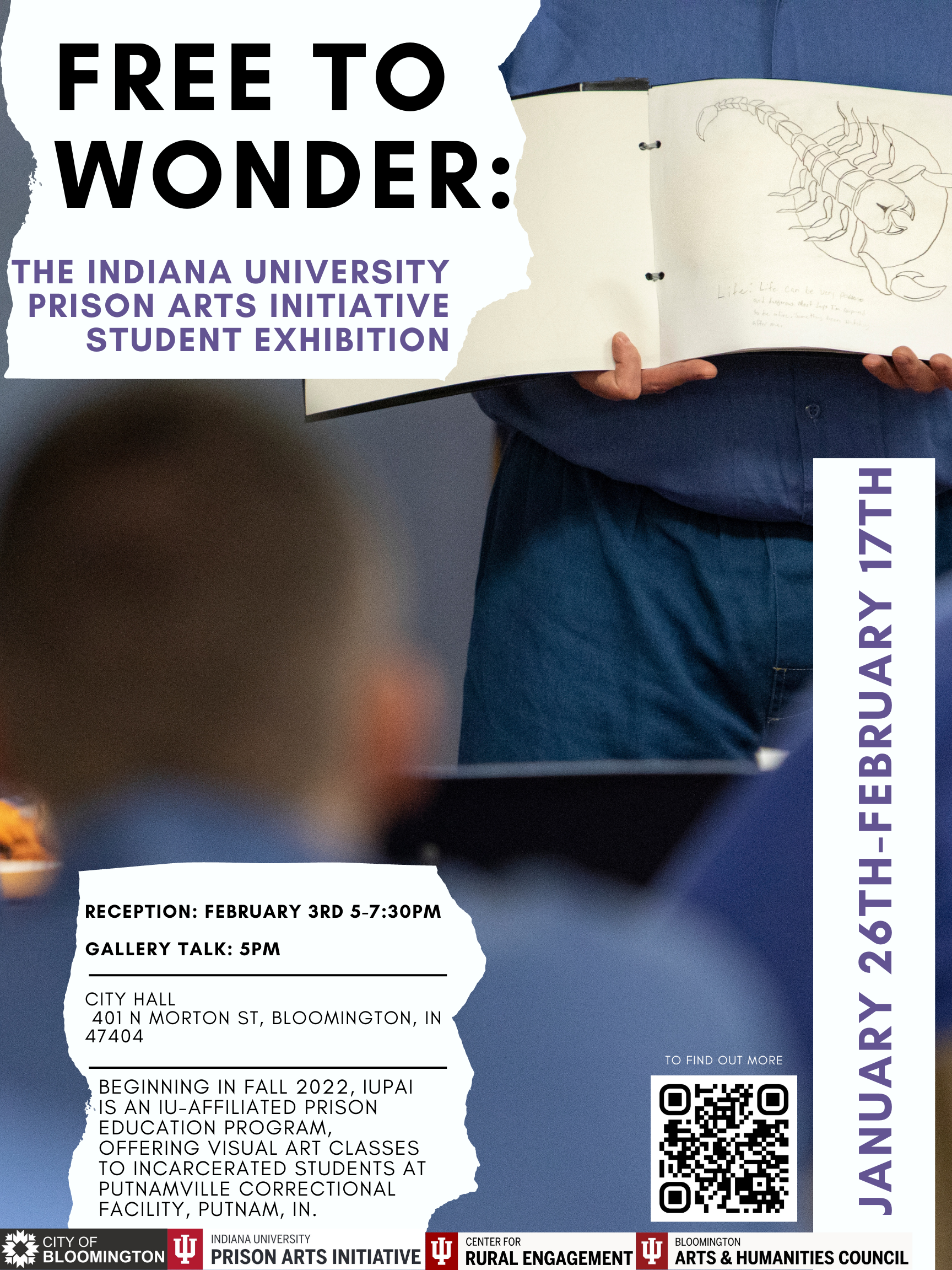
Webinar Series
We are so excited for this series—these important conversations will be vital to the development and implementation of future programming!
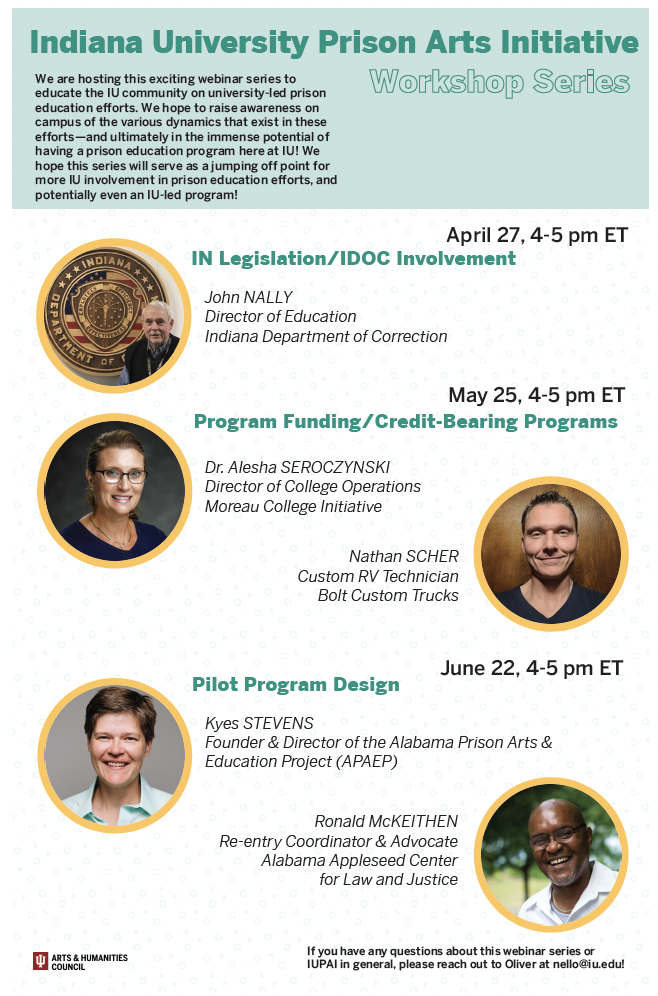
IUPAI Spotlight
Our spotlight program serves to highlight prison education-related work currently happening within the IU community—check below for updates on the important work being done by students, faculty, and other IU affiliates!
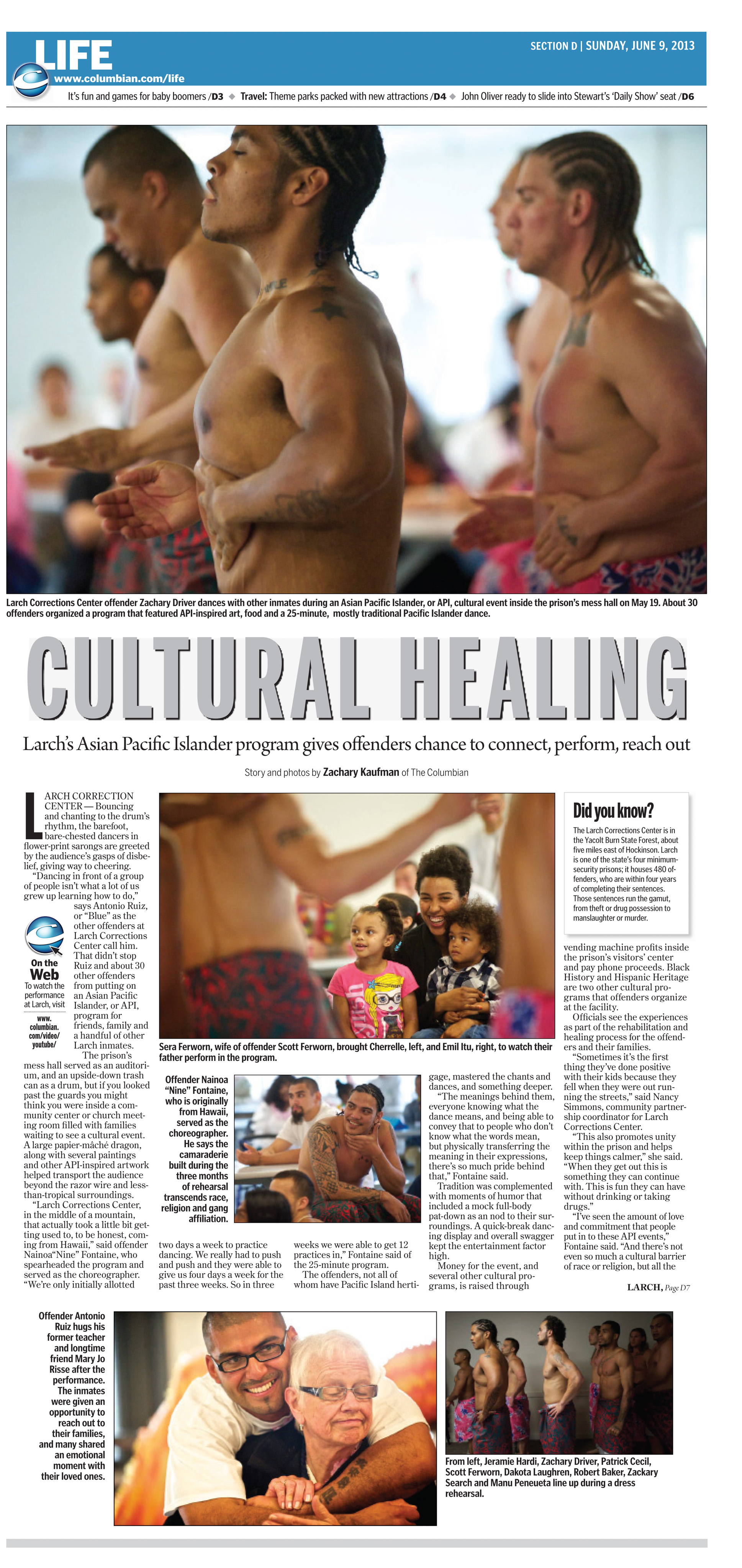
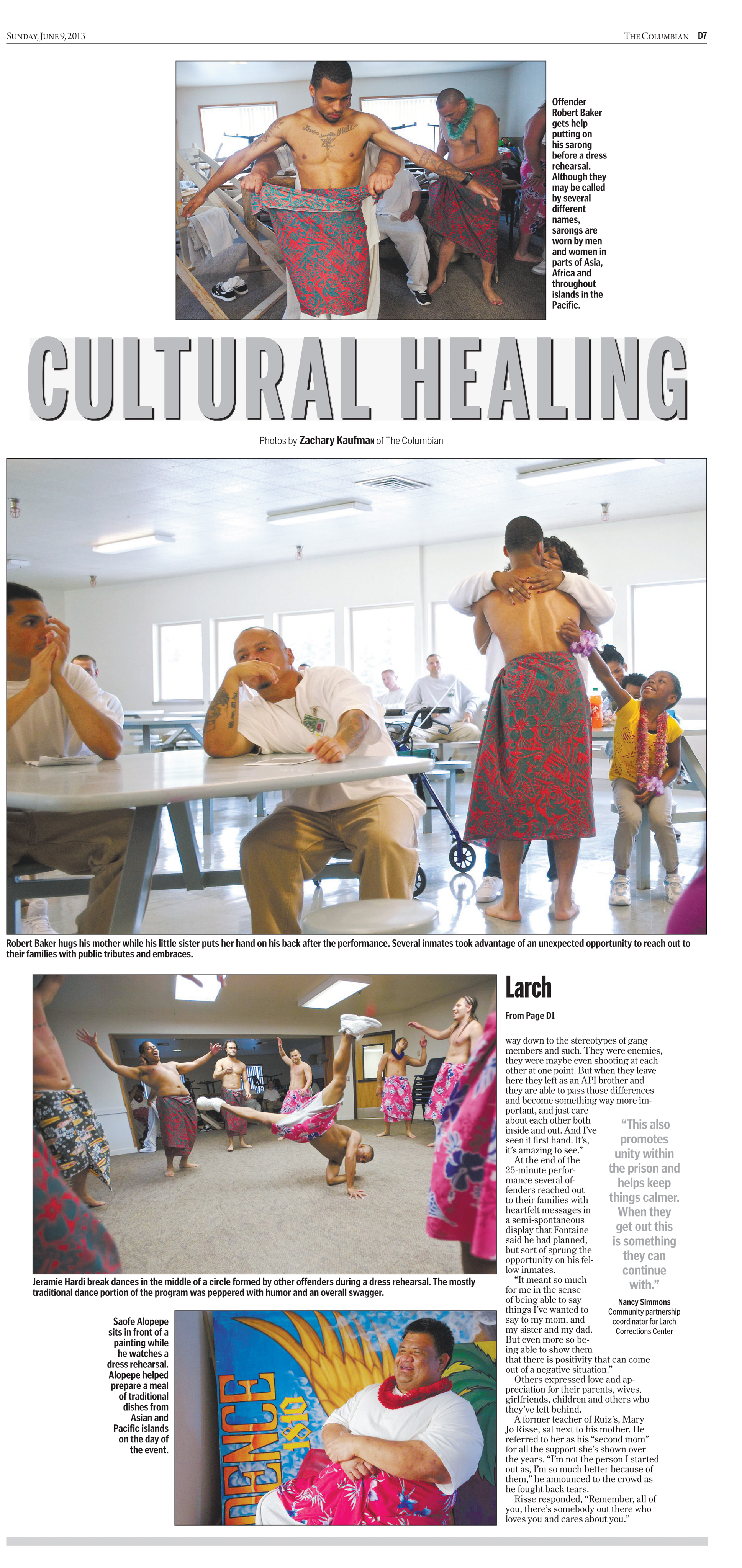
Why would this time be any different?: MFA Graduate Zachary Kaufman’s Experience Working at Larch Mountain Correction’s Center
In early 2013, Zachary Kaufman visited Larch Mountain Correction’s Center (LMCC) in Clark County, Washington for an article he was working on. Zach graduated from Indiana University in spring 2022 with his MFA in Photography, but at the time was working as a photojournalist for a local newspaper, The Columbian. He visited LMCC to write about some of the incarcerated persons there who were helping in local firefighting efforts. Zach wasn’t interested reinforcing the tragic narrative around these incarcerated individuals—rather, he wanted to find a way to portray them in a positive light. While there, he asked some of the center’s administration if there was anything else positive going on that he may be able to highlight in an article. He was told about a traditional Asian/ Pacific Islander performance that much of the facility’s API population was putting on. And not only were they putting it on, they were inviting others outside the API community to participate alongside them. Zach decided to start his work on this new story.
He made one trip to the prison to document a rehearsal of the performance, and then another to photograph the performance itself. As an audience member, Zach witnessed a powerful, vibrant expression of the larger Asian/ Pacific Islander culture. He also witnessed a powerful and unique expression of the prison population itself’s shared culture: a side of incarceration that most people don’t see.
This performance, in many ways, was an opportunity that isn’t often given to incarcerated individuals: it was an opportunity to do good. Zach speaks about how so much of having a positive impact in life involves being given the opportunity to do good. It feels good to do good. He points out that so many of these individuals, and so many incarcerated individuals in general, are born into situations with lots of roadblocks, with very few opportunities to do good. Those of us fortunate enough to have been provided these opportunities have a responsibility to seek them for those who are not.
On the day of the performance, Zach witnessed yet another side of incarceration: its massive scope of impact which reaches far beyond the prison fences. Families, friends, mentors, and former teachers came to watch the performance. Zach was able to see and meet the support systems that these incarcerated people had in place and was able to witness the pride they took in bringing their families and friends such joy. All their hard work had paid off.
A few weeks after the story was featured in The Columbian, Zach received a letter from one of the API program participants that was featured in the article. He shared a lot with Zach in his letter: his story, the reason he ended up in prison—and then he shared why he was writing in the first place. A few days after the story was printed, he was working his job in the facility’s mess hall when one of his coworkers came up to him. His coworker asked if he had read the paper that day, because his name and picture were all over it.
At first, his heart sank. He’d been in the paper before. But each time it was to notify the public of something he had done wrong. In the public’s eyes, he felt his name was synonymous with his past wrongdoings and convictions. He had come to expect that portrayal, however true it happened to be. Why would this time be any different?
He wrote to Zach when he realized that this time it was different. He was grateful because this time he was being shown in a positive light. Perhaps for one of the few times in his life, his talent and hard work was being showcased to the public, not his past misguided actions.
He and Zach remained pen pals for a little while, during which Zach shared a bit of his own experience. In some ways, his experience is what gave him the drive to write this article. Just like all the participants in the API performance, there was an unstable and uncertain period in Zach’s own life—a period where he felt he wasn’t good at anything, a period where he dealt with a negative perception of himself. He was able to break out of that, he believes, by being given an opportunity to do good. This opportunity was photography. So often, he finds himself looking back with gratitude on the people in his own life who have given him opportunities. He feels privileged to have been given these and, as such, feels a responsibility to provide similar opportunities to others.
During the process of writing this story, Zach took a photo with all the performers. In the picture, he is at the front of the group, kneeling and holding his camera—holding the precious opportunity that was given him so many years before. Surrounding him are the many eager and talented performers, taking advantage of new opportunities being given them, and champing at the bit to offer similar opportunities to others. It is a beautiful cycle.
Zach says of this picture:
“I’ve worked on thousands of stories throughout my career. That group photo is framed in my living room and is the only photo of me working that I have on display in my home. It was truly a meaningful experience for me.”
